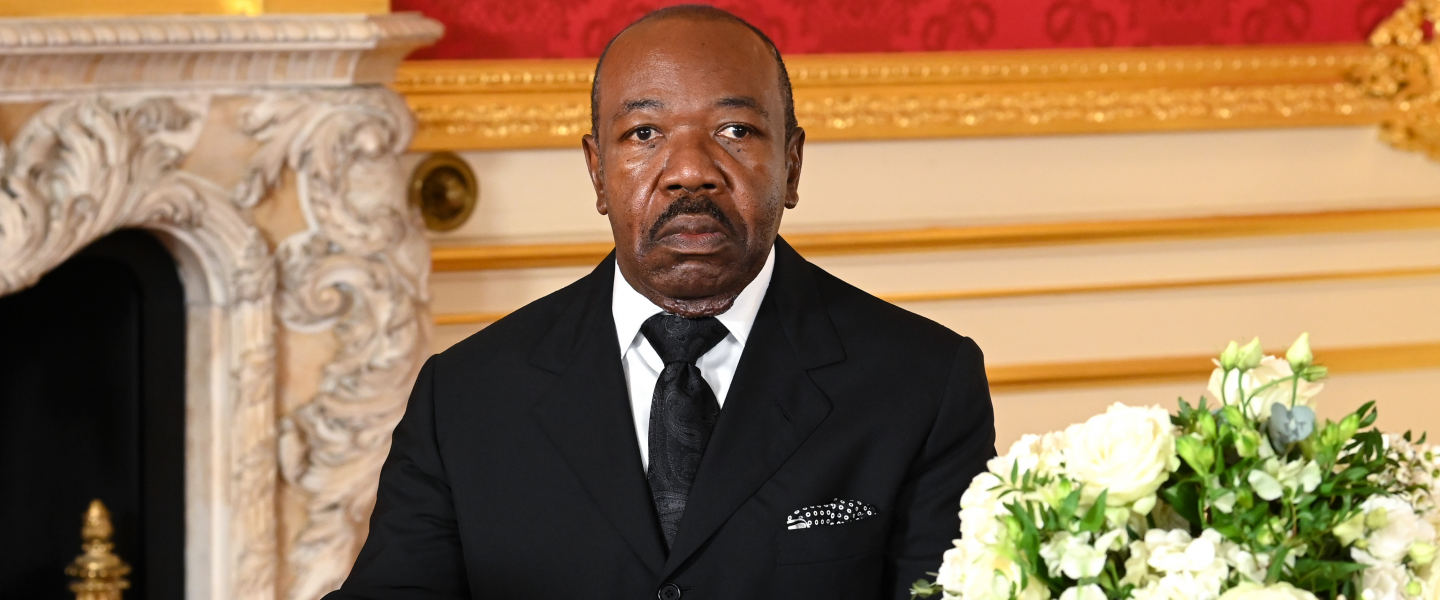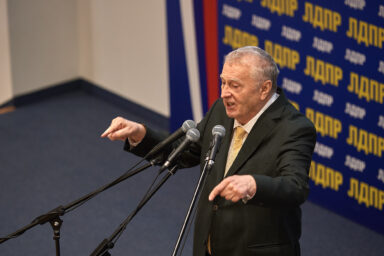As Military Seizes Power in Gabon, Not All African Coups Are the Same
On Wednesday, soldiers in Gabon announced they had taken control of the small nation. The coup is the second in Africa in the past five weeks.
|
Listen To This Story
|
Soldiers in Gabon announced on Wednesday that they had taken control of the small African nation just hours after reigning President Ali Bongo Ondimba was declared the winner of the country’s election. It is the second coup in Africa in the past five weeks. In late July, security forces in Niger detained that country’s president and established a military junta.
What might look like a similar event could turn out to be much different. The coup in Niger has been widely condemned by the international community, including African countries.
Although events in Gabon are still unfolding, it is possible that the situation there will be perceived in a completely different light.
For one, the election that Bongo had just won was marred by controversy. In addition, the president’s family has ruled Gabon for 55 years. He had been in power since 2009 and succeeded his father Omar Bongo, who had been the leader for decades.
During that time, the Bongo family had done well for themselves in the oil-producing country, which is a member of OPEC.
However, the same cannot be said for many of the over 2 million Gabonese citizens who live in poverty.
Although it is rich in resources, many people in the African nation are struggling. Gabon has a median age of 21 years but nearly 40 percent of its 15–24-year-olds are unemployed, according to CIA figures.
Therefore, it is not surprising that several videos of people celebrating the military takeover have been circulating online.
https://twitter.com/REVMAXXING/status/1696794378071605353
After Niger, Gabon is the second country that was a former French colony to stage a coup in 2023. The country still maintains a strong presence, which could be a target for the new military government.
The French mining company Eramet, which operates the world’s largest manganese mine there, announced that it would cease all operations in Gabon and would take the necessary steps to ensure the safety of its employees and facilities.
European Union foreign police chief Josep Borrell responded to the coup on Wednesday, saying it would increase instability in the region.
“The whole area, starting with Central African Republic, then Mali, then Burkina Faso, now Niger, maybe Gabon, it’s in a very difficult situation and certainly the ministers … have to have a deep thought on what is going on there and how we can improve our policy in respect with these countries,” Borrell said.




